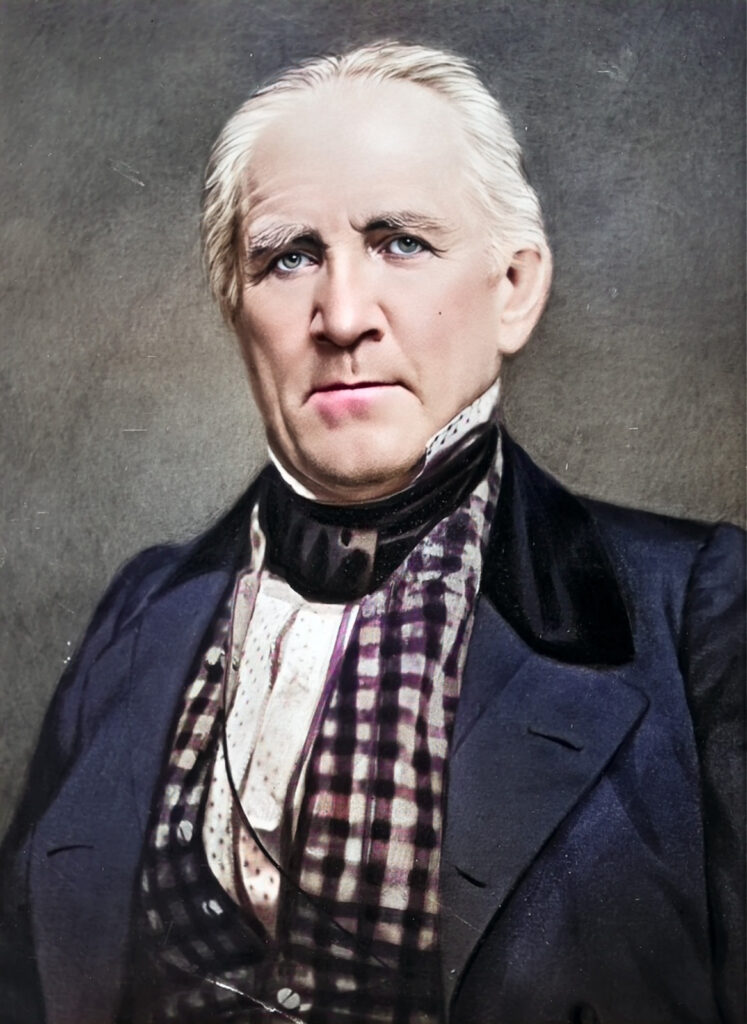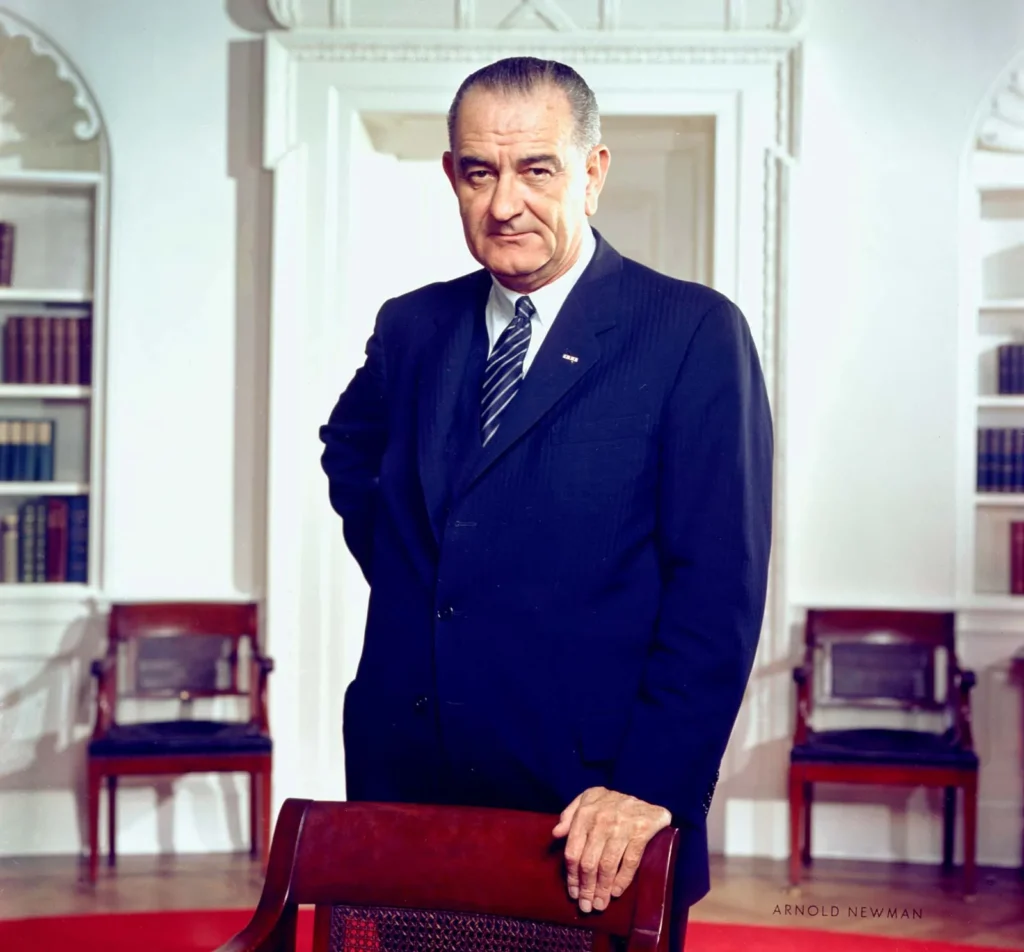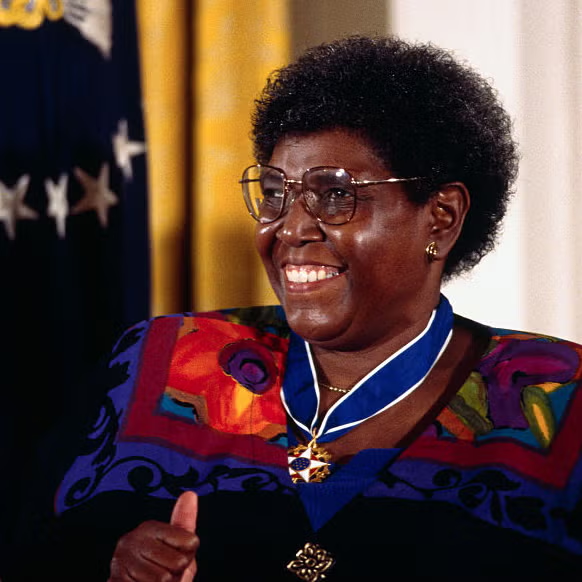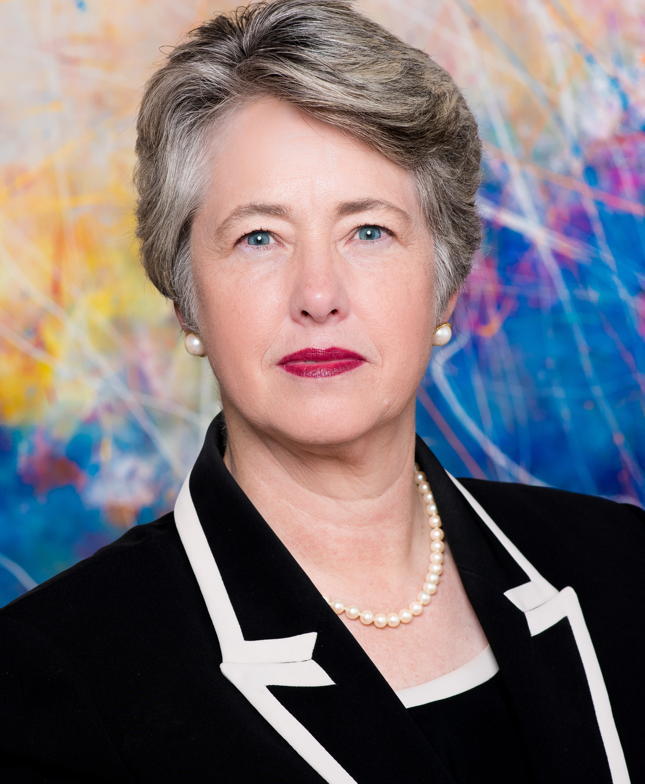
The Early Foundations of Houston’s Political Scene
Houston has been an integral part of Texas politics since its founding in 1836. Named after Sam Houston, the city played a significant role during the early days of the Republic of Texas. As Texas transitioned from an independent republic to a U.S. state in 1845, Houston’s political influence grew, marked by pivotal moments that shaped the state’s development.

The city quickly became known as a center for economic growth and political thought. Its strategic location as a port city fostered commerce, which, in turn, supported influential political movements. In the late 19th and early 20th centuries, Houston was home to prominent figures who laid the groundwork for its political importance.
Influential Political Figures from Houston
Lyndon B. Johnson: A President with Houston Ties
Although not born in Houston, Lyndon B. Johnson, the 36th President of the United States, had strong connections to the city. His tenure as President, following the assassination of John F. Kennedy in 1963, brought significant attention to Texas. Johnson’s Great Society programs aimed to combat poverty and racial injustice, which resonated with Houston’s diverse population and progressive leaders at the time.

Barbara Jordan: A Trailblazer for Civil Rights
Barbara Jordan, a native of Houston, became a symbol of civil rights and legislative prowess. As the first African American woman elected to the Texas Senate in 1966 and later to the U.S. House of Representatives in 1972, she made impactful contributions to Houston and the nation. Jordan’s powerful speeches during the Watergate hearings showcased her oratory skills and commitment to constitutional principles, solidifying her legacy as a pioneering political leader.

Annise Parker: Champion of Inclusivity
Houston made history by electing Annise Parker as its mayor in 2009, making her one of the first openly gay mayors of a major U.S. city. Parker’s administration focused on economic growth, infrastructure improvements, and inclusivity, highlighting Houston’s commitment to progressive politics.

Milestones in Houston’s Political Evolution
Houston has been at the forefront of numerous significant political and social changes. Some key milestones include:
- The Civil Rights Movement: Houston’s role in desegregation and civil rights gained momentum in the 1960s, with local leaders advocating for equality and justice. The city’s integration of schools and public spaces was a complex process that reflected broader national struggles.
- Economic Shifts and Policy Reforms: The city’s involvement in oil and gas policy shaped state and national energy strategies. Political decisions made in Houston impacted regulations and trade practices, reinforcing the city’s status as an energy hub.
- The 1990s and Immigration Policies: Houston, being a major entry point for immigrants, influenced policies that addressed immigration reform and support for immigrant communities. Local politicians pushed for more inclusive and forward-thinking approaches, aligning with the city’s multicultural identity.
The City’s Influence on Statewide and National Policies
Houston’s influence extends beyond its city limits. Political leaders and policymakers from Houston have often shaped statewide initiatives and contributed to national discussions on energy, healthcare, and urban development. The city’s strong economic base allowed leaders to advocate for policies that promoted sustainability and job creation, contributing to Texas’s reputation as an economic powerhouse.
The Texas Medical Center, the largest medical complex in the world, stands as a testament to Houston’s role in shaping healthcare policies. Political support for research funding and medical advancements positioned Houston as a leader in healthcare policy and innovation.
Houston’s Continued Political Significance
Today, Houston remains a political and economic stronghold in Texas. Its leaders continue to influence key issues such as climate change, urban development, and social justice. With a population that reflects the broader demographic shifts in the U.S., Houston’s political landscape is dynamic and often sets the tone for larger state and national trends.
The city’s diverse political representation, including mayors, state senators, and community advocates, exemplifies its commitment to varied perspectives. This inclusivity ensures that Houston’s voice in politics reflects its vibrant and multifaceted population.